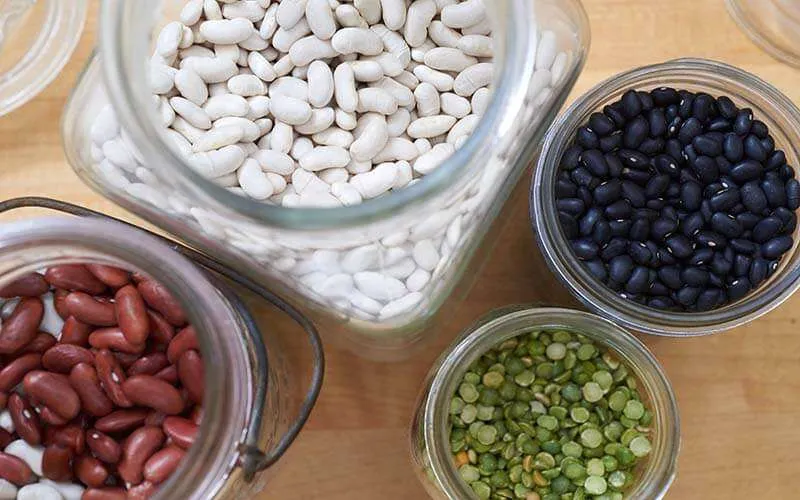Why you should add beans to your diet
Beans, a staple in many cultures, provide a number of benefits to those who consume them. Did you know that a single serving provides one-third of the recommended daily fibre intake as well as eight grams of protein? They are loaded with soluble fibre, which helps promote regularity and lowers cholesterol levels.
Beans, also known as legumes, are important to the diet because they are low in fat and cholesterol, but high in protein. It has been found that increasing bean consumption can reduce some of the risk factors for heart disease.
In addition, they contain no saturated fats or sodium. They are also high in vitamin B1, iron, magnesium, potassium, folate and many other nutrients.
Are there any risks?
These legumes are one of the best sources of protein in food, but they can also be high in carbohydrates.
Be aware that if your diet is high in beans, it could potentially cause gastrointestinal distress or constipation. However, these legumes are still a good choice for a healthy diet due to their nutritional value.
What about green beans, are they good for you?
Green beans are often eaten as a side dish or cooked as part of other dishes. They contain a high amount of fibre, which can have many benefits for your digestive system and heart health.
They also have a significant amount of vitamin C, which is necessary to promote a healthy immune system and repair tissues. Green beans are a solid choice for someone trying to eat healthier and maintain their weight.
How to cook beans
They are a healthy and inexpensive food that can be enjoyed by anyone. They can be cooked and eaten in a variety of ways: boiled, mashed or seasoned with herbs and spices. You can also use them in salads, soups, casseroles and side dishes.
Green beans are cooked best when boiled for a couple of hours with some salt and lemon added to the water for taste. These beans pair well with rice, and if desired, cooked mince meat.





